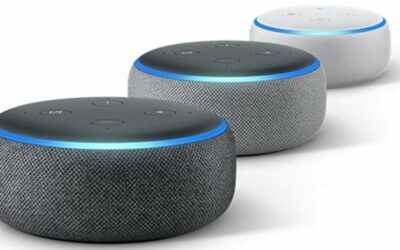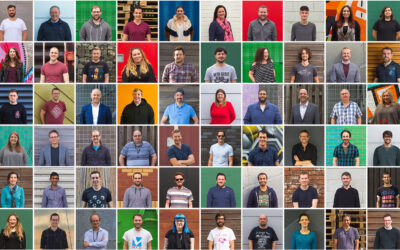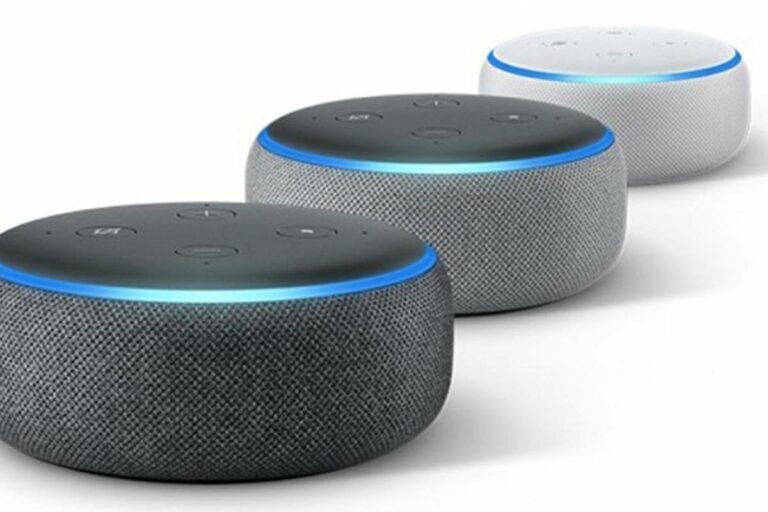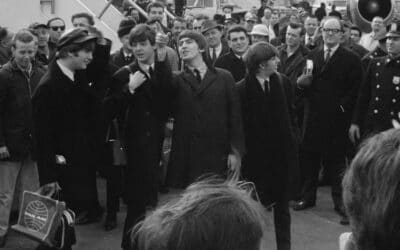The BBC’s new digital assistant, which partially launches today, has been given a “warm and friendly” male Northern accent to distinguish it from rivals.
The voice-activated service, called ‘Beeb’ will have a limited public release this week and people wake it up by saying “Hey Beeb”. They will be greeted with an accent from the North guiding them towards BBC programmes and offering localised news and weather reports.
Andy Webb, who is leading the BBC’s development of its voice technology, said this “reflected the diversity of the audience in the UK” and as a result it did not have the “sterile feel” or “problematic associations” of other assistants. Amazon’s Alexa has a female accent and has been criticised for gender stereotyping.
Grace Boswood, the chief operating officer of the BBC’s design and engineering department, said Beeb was a hedge to market-leading Amazon “holding all the cards.”
“It gives us a strategic hedge if Amazon decide not to play fair in terms of how people access the content,” she said. “There has to be an alternative to them holding all the cards. We do have the content. Amazon may choose to change the game of discovery.
“The threat to us is, ‘You’ve finished the Archers, here’s a Joe Rogan podcast.’”
There is no intention for the BBC to produce its own physical hardware, such as Amazon’s Echo speakers, and the software is designed to be built into existing and future systems.
Potential uses include powering the BBC Sounds app, adding extra controls to car stereos, and potentially operating on Amazon’s platform.
However, the only deal signed so far has been with Microsoft, which will launch the service to desktop-based beta testers today. The voice assistant will also have a much more limited set of functions than rivals.
People who swear at the assistant will be asked if they would like to listen to a BBC podcast.










